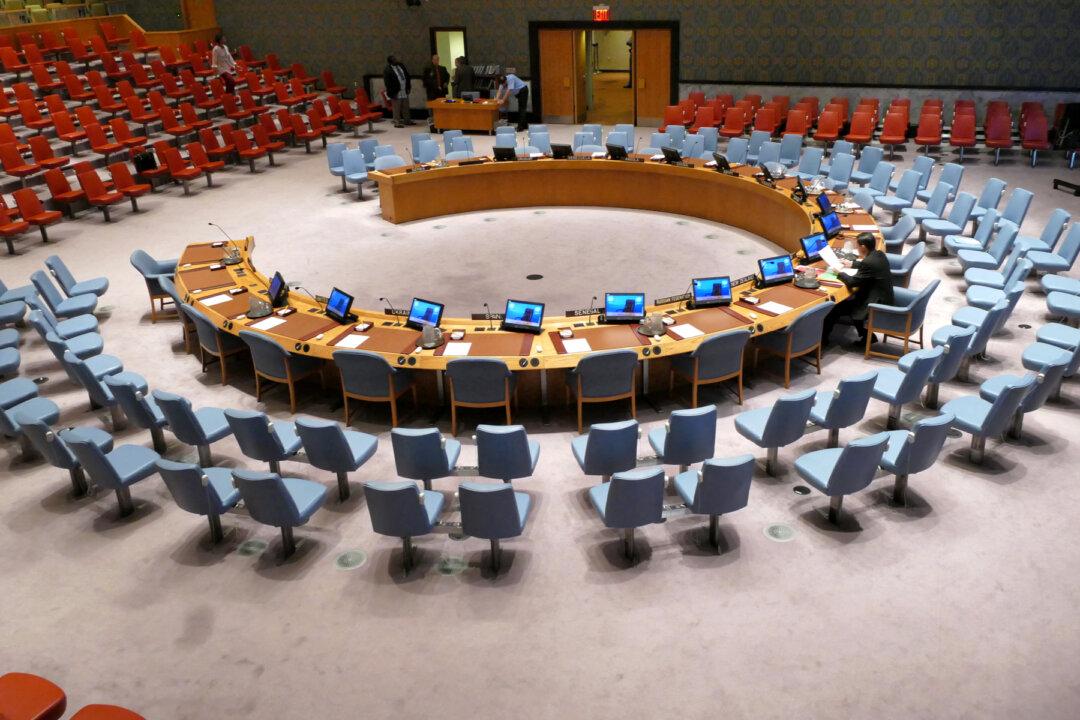The U.N. Security Council is set to vote on May 26 on a push by the United States to update and strengthen sanctions on North Korea following a string of ballistic missile launches by Pyongyang.
The United States, which holds the rotating United Nations Security Council presidency for this month, announced plans for the vote Wednesday.




